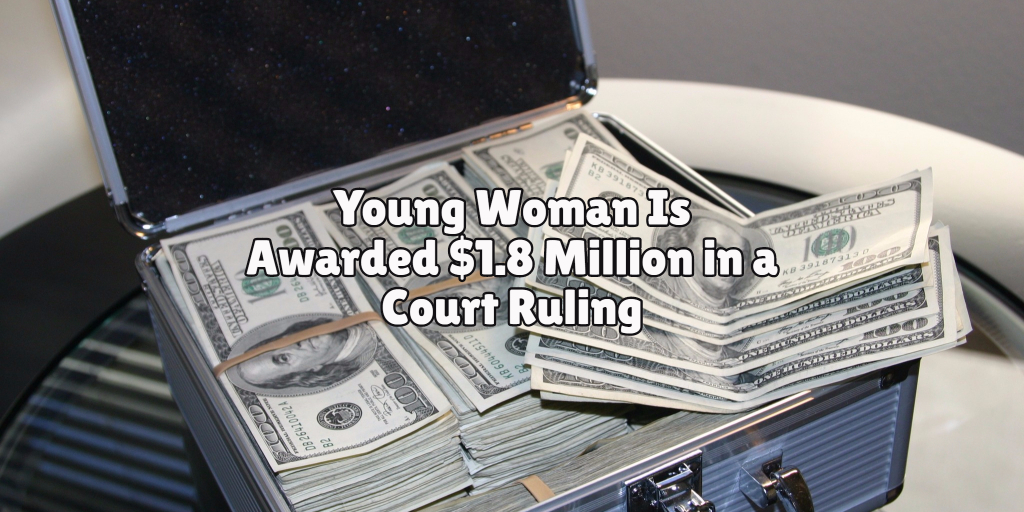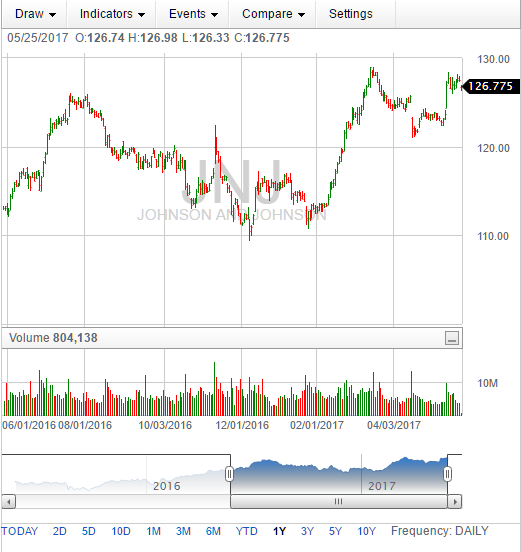A lady is suing the Austin Convention Center and the city for $1 million. The complainant happened to have attended a meeting at the Austin Convention Center. She claims to have fallen off a flight of stairs she was using. The accident left her with bruises, personal damages, and severe injuries. She filed the suit against the center in Travis County district court.
As indicated by the claim, one of the pins came out as Julie Auslander, walked down the flight towards the end of the occasion, sending her tumbling to the floor. The impact of the fall resulted in multiple injuries and bruises on her body.
It is not the first time that conventions are being held at the Austin Convention Center. Such an incident however, has never happened before; preparations for such events involve great decorations and fitting of the decors that makes the place best suited for the members in attendance. However, proper pinning may not have happened in this event which may have led to the accident.
As a matter of fact, Julie Auslander felt infuriated when she moved to court in Travis County district court. She blames city representatives for neglecting to guarantee that stairs at the convention occasion were stuck appropriately to the stage. Julie argues that supervisions ought to have been done to ensure that all is safe and intact. She indicates that had there been due diligence from the defendants end she wouldn’t have fallen off the stairs.
The case additionally names as litigants the association that facilitated the conference that Auslander was attending. Other defendants are the Women’s Business Enterprise National Council, and the firm that promoted it, Stovell Marketing and Public Relations. According to her, all the parties that were involved hold equal blames. In light of this, it is not yet known who will end up paying the fines that the court may decide.
Surprisingly, there was no available Austin city spokesperson to offer remarks about these allegations. The case has not been heard yet leaving the fate of all the parties involved unknown.












